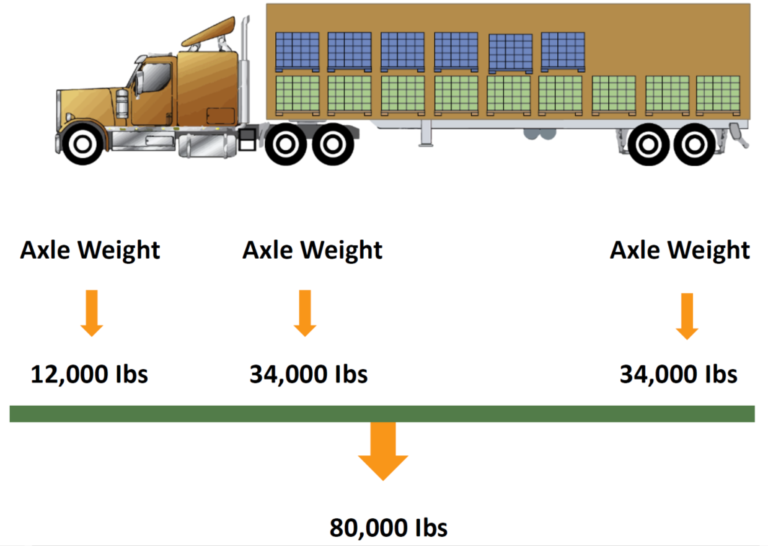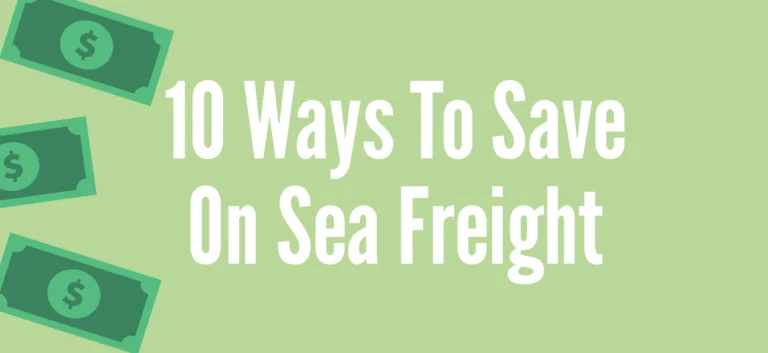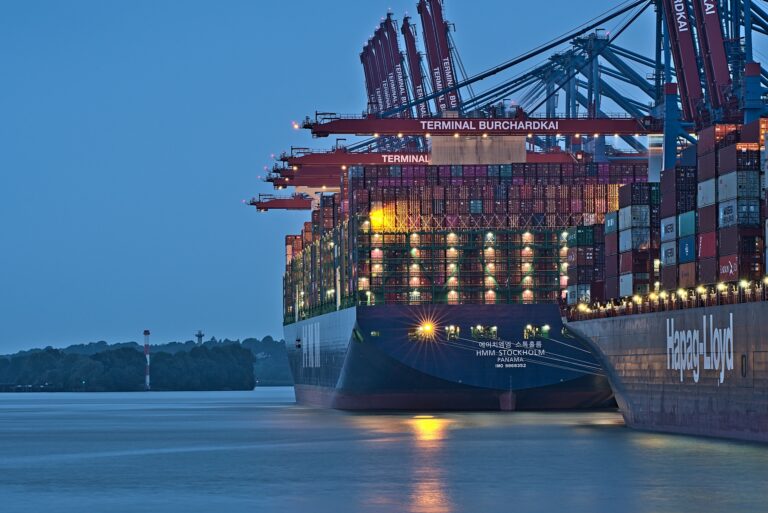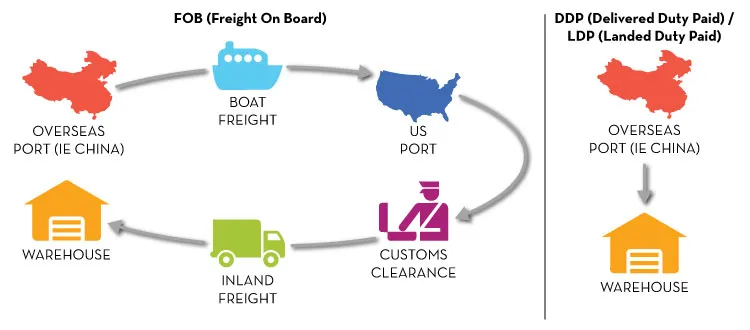Free on Board (FOB) Explained: Who’s Liable for What in Shipping?
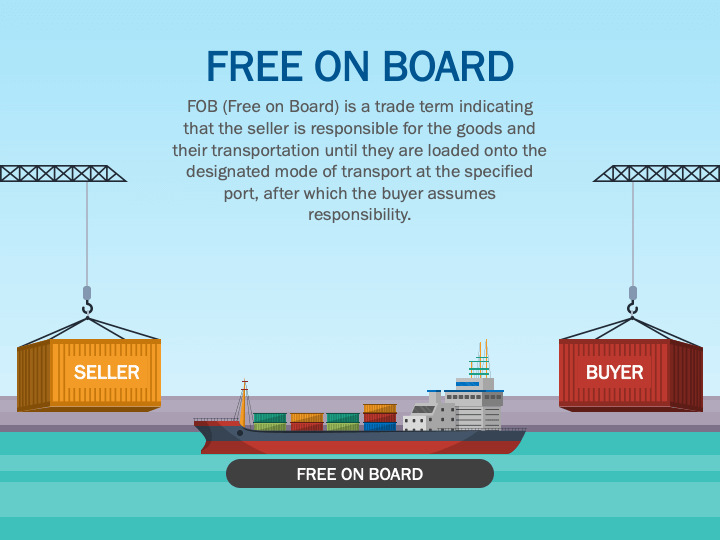
What Is Free on Board (FOB)?
Free on Board (FOB) is a shipment term that defines the point in the supply chain when a buyer or seller becomes liable for the goods being transported. Purchase orders between buyers and sellers specify the FOB terms and help determine ownership, risk, and transportation costs.
“FOB Origin” or FOB Shipping Point” means the buyer accepts the title of the goods at the shipment point and assumes all risk once the seller ships the product. The buyer is responsible if the goods are damaged or lost while in transit.
“FOB Destination” means the seller retains the title of the goods and all responsibility during transit until the items reach the buyer.
KEY TAKEAWAYS
- Free on Board (FOB) is a term used to indicate when the ownership of goods transfers from buyer to seller and who is liable for goods damaged or destroyed during shipping.
- “FOB Origin” means the buyer assumes all risk once the seller ships the product.
- “FOB Destination” means the seller retains the risk of loss until the goods reach the buyer.
- FOB terms can impact inventory, shipping, and insurance costs.

Understanding Free on Board (FOB)
FOB is a common term used for all types of shipping, both domestic and international. Shipping orders and contracts often describe the time and place of delivery, payment, when the risk of loss shifts from the seller to the buyer, and which party pays the costs of freight and insurance.
The vendor-client transaction defines the FOB terms in the purchase order. FOB status does not determine ownership, which is determined in the bill of sale or agreement between the buyer and seller, but defines which party takes responsibility for the shipment, whether at Origin, where the shipment begins or at Destination, where the shipment ends.
Each party should have a firm understanding of free on board (FOB) to ensure a smooth transfer of goods from the vendor to the client. Regardless of whether that transfer occurs on the domestic or international level, FOB terms can impact inventory, shipping, and insurance costs.
FOB Origin vs. FOB Destination
FOB origin, or shipping point, means that the buyer will receive the title for the goods they purchased when shipment begins. The seller’s responsibility ends when the items are placed with a shipment carrier, and the buyer must ensure their goods reach their final destination on time and undamaged.
For FOB destination, the seller retains ownership of the goods and is responsible for replacing damaged or lost items until the point where the goods have reached their final destination.
For shipments internationally, especially for companies ordering large inventory for global shipment on vessels and containers, international contracts establish and outline provisions, including the time and place of delivery, payment terms, and FOB designation to define when the risk of loss shifts from the seller to the buyer and which party pays for freight and insurance.
Since there is more than one set of rules, and legal definitions of FOB may differ from one country to another, the parties to a contract must indicate which governing laws are being used for a shipment.

